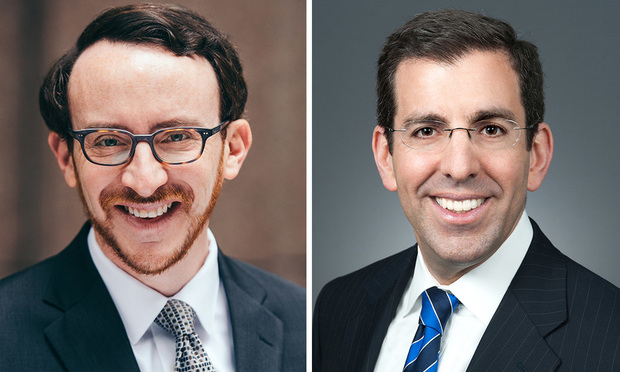Fraud-related claims usually must be pled with particularity. But in a little-noticed provision at the end of New York’s False Claims Act, §192(1-a), the New York legislature provided for a lower pleading hurdle when asserting violations of New York’s FCA in state court. In federal court, in contrast, FCA cases are evaluated under the heightened pleading standard embodied in Federal Rule of Civil Procedure 9(b). As a consequence, when qui tam relators (whistleblowers) file cases in federal court alleging violations of both the federal and state FCAs, their New York FCA causes of action are subject to the heightened federal pleading standard. Accordingly, relators should strongly consider filing separate federal and state qui tam actions (or seeking to remand improperly removed cases) in order to benefit from the New York FCA pleading standard at the dismissal stage.
NY’s FCA Pleading Standard
The federal False Claims Act dates back to Civil War times and is one of the federal government’s most important enforcement tools to battle against misconduct that harms the federal fisc. Importantly, it empowers whistleblowers to bring such actions and incentivizes them with a share of the recovery. New York and many other states enacted state false claims acts after Congress, in 2005, gave states the financial incentive of an increased share of Medicaid recoveries to enact their own such acts. But to receive the sizable incentive, the state false claims acts had to be “at least as effective in rewarding and facilitating qui tam actions” as the federal FCA. Deficit Reduction Act of 2005, codified in relevant part at 42 U.S.C. §1396h(b)(2). One of the ways that New York met that challenge was to lower the pleading bar for whistleblowers asserting False Claims Act violations.



